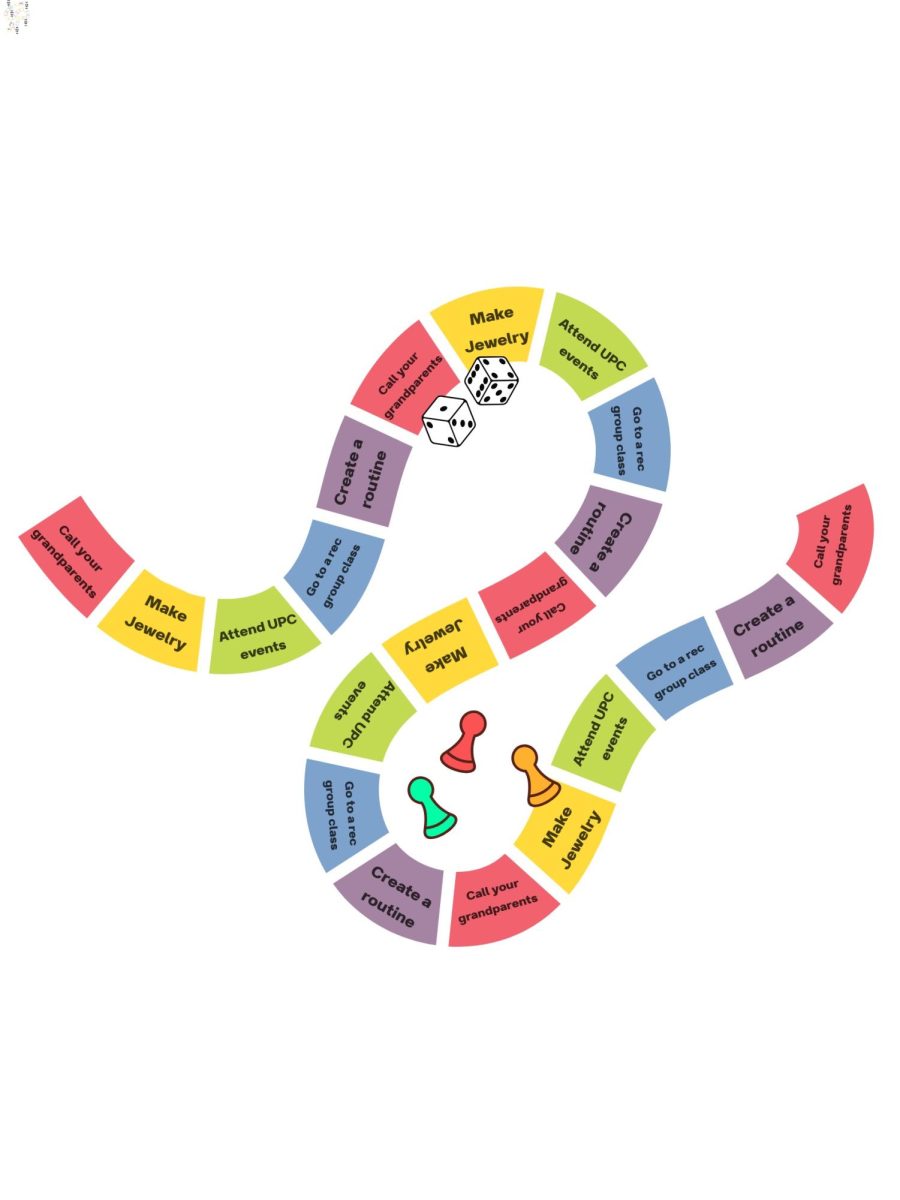Fuel pumps are essential for the smooth operation of your vehicle’s engine, delivering the right amount of fuel at the right time. When a diesel fuel pump begins to malfunction, it can lead to various engine problems, from hard starts to complete engine failure.
Diagnosing issues with your Diesel Fuel Pumps early can save you time, money, and potential breakdowns. Here’s a step-by-step guide on troubleshooting and diagnosing common diesel fuel pump issues.
Check for Fuel Leaks
One of the first signs of a diesel fuel pump issue is visible fuel leaks. Inspect the fuel lines, connectors, and the pump itself for any signs of fuel leakage. Leaks can affect the pressure in the fuel system, leading to poor engine performance. If you spot any leaks, replace or repair the damaged parts immediately.
Examine the Fuel Filter
A clogged fuel filter can mimic fuel pump failure. If your engine is sputtering, lacking power, or misfiring, it could be due to a blocked filter, which restricts fuel flow. Replace the fuel filter regularly to prevent this issue from arising. If changing the filter doesn’t resolve the issue, the problem might lie with the fuel pump.
Test Fuel Pressure
Low fuel pressure is a key indicator of a faulty diesel fuel pump. Using a fuel pressure gauge, check the fuel pressure in the system. Compare your readings with the manufacturer’s specifications for your vehicle. If the pressure is lower than recommended, it could be due to a weak or failing pump. In some cases, a damaged fuel pressure regulator can also cause this issue, so be sure to check that as well.
Listen for Unusual Noises
A well-functioning diesel fuel pump typically operates quietly. However, hearing loud whining, grinding, or clicking noises from the fuel tank area could indicate pump failure. These noises often suggest that the pump’s internal components are wearing down and struggling to deliver fuel effectively.
Check for Engine Warning Lights
Modern vehicles are equipped with sensors that monitor the fuel system. If your fuel pump is experiencing issues, your vehicle’s engine control unit (ECU) may trigger a warning light on the dashboard. Scan your vehicle using an OBD-II scanner to identify any error codes related to fuel delivery or pump performance.
Look for Starting Problems
If your diesel engine is struggling to start or requires multiple attempts to turn over, the fuel pump could fail. This is often due to inadequate fuel pressure or inconsistent fuel delivery. When the pump fails to push enough fuel into the engine, the combustion process becomes difficult, causing hard starts.
Monitor Engine Performance
A failing fuel pump often leads to decreased engine performance. This can manifest as sluggish acceleration, reduced fuel efficiency, or sudden loss of power during driving. If you notice these symptoms, inspecting your fuel pump before the situation worsens is crucial.
Final Thoughts
Diesel fuel pump issues can be complex, but by performing these basic troubleshooting steps, you can diagnose the problem early. If you’re unsure of the cause, or the problem persists, it’s always best to consult a professional mechanic to avoid further damage to your engine. Regular maintenance of your diesel fuel system will also help prolong the life of your fuel pump and ensure optimal vehicle performance.

















































































































